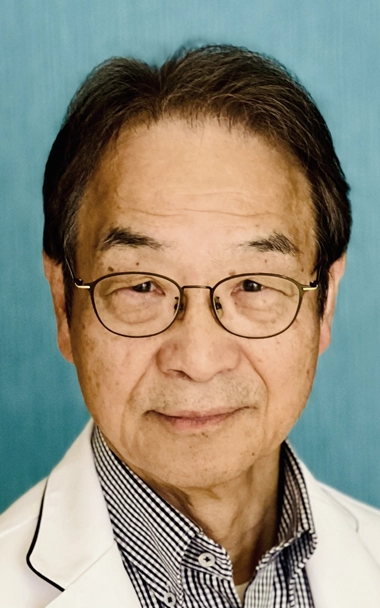Most-viewed poster
We talked to Dr. Shinichi Hori, author of the most-viewed CIRSE 2024 poster, Transarterial treatment of locally advanced breast cancer in de novo setting, to find out more about his research and his experience presenting at the CIRSE Annual Congress.
The poster you submitted for CIRSE 2024 on transarterial treatment of locally advanced breast cancer in de novo setting has been the most viewed of all posters submitted for the congress. Why do you think this topic is resonating so much with your colleagues?
Hori: I believe that due to a decrease in HCC patients in many countries, interventional radiologists have open resources to take on patients with other pathologies and I think that many IRs who are looking for new treatment targets to utilize their interventional techniques viewed my poster. Since this treatment technique is by no means difficult for interventional radiologists, I believe they understood that it is a feasible treatment option.
Will you continue to focus on transarterial treatment of locally advanced breast cancer?
Hori: At our clinic, the number of breast cancer patients is gradually increasing. For many of these patients, standard treatments have ceased to be effective. However, there has been an increase in patients recently who, fearing the side effects of chemotherapy, choose not to undergo standard treatment and instead come to us seeking alternative options. As we gain more experience with such cases, our microcatheter insertion techniques have improved, leading to better treatment outcomes.
Your poster also received a great rating by the Scientific Programme Committee. What did you try to keep in mind when putting it together?
Hori: This field represents a completely new area of interventional radiology, and I focused on clarifying the reasons treatment was necessary and the theoretical background of transarterial therapy for breast cancer. To facilitate evaluation, cases were limited to T3 and T4 stages. Even in patients with poor conditions, the treatment demonstrated favourable outcomes, highlighting the effectiveness of this approach. I aimed to describe the treatment details as thoroughly as possible within the constraints of the limited number of slides. The analysis of survival curves was essential to demonstrate the treatment’s effectiveness. I also wanted to present numerical evidence showing improvements in patients’ quality of life, but this could not be sufficiently verified.
What feedback have you been getting on the poster, both at the congress and after?
Hori: Close friends from various countries congratulated me, and I felt genuinely happy. While continuing breast cancer treatment, I realized the need to strive for even better outcomes. Many breast cancer patients undergoing treatment were also very pleased with the recognition, finding meaning in continuing their treatment.
Do you have any advice for physicians on how to achieve maximum impact with their abstract?
Hori: I believe it is important to first identify the issues within the daily clinical practice you specialize in and consider what improvements could lead to better outcomes when deciding on a research topic. Keeping this in mind is crucial when writing the purpose of the study in an abstract. It is also important to present research results using numerical evaluations and to avoid subjective data as much as possible.
Are you planning to submit another abstract for CIRSE 2025? And if so, can you share with us what it will be about?
Hori: I am eager to submit an abstract to CIRSE 2025. For breast cancer, I would like to present treatment outcomes for the T1 and T2 patient groups. Additionally, since bronchial artery TACE for the treatment of lung cancer has shown favourable results, I would like to present this as well. Accurate evaluation is crucial for both topics, and I aim to provide data that can serve as a reference for researchers pursuing similar treatments.

